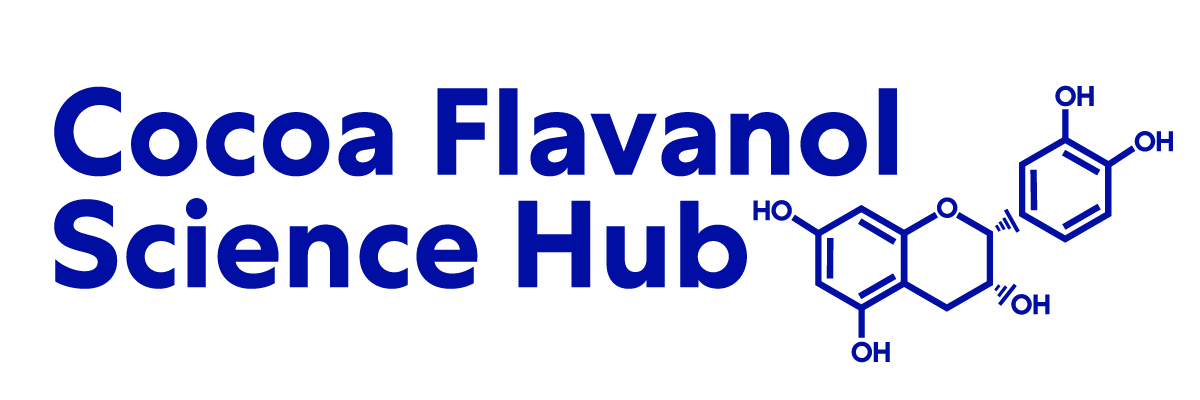The effects of flavanol-rich cocoa and aspirin on ex vivo platelet function.
BACKGROUND:
Flavanols modulate platelet function in vitro, but less is known of their in vivo effects and how they compare to pharmacological platelet inhibitors. We investigated the effect of a flavanol-rich cocoabeverage (897 mg/ml) in combination with and in comparison to aspirin on platelet function and activation in healthy subjects.
METHODS AND RESULTS:
On separate test days in a crossover design, 16 healthy adults consumed aspirin (81 mg), cocoa (as a beverage), or aspirin plus cocoa. Platelet activation was measured by surface expression of P-selectin and PAC-1 binding to the activated conformation of the GPIIb/IIIa receptor (GPIIb/IIIa-act).Platelet function was measured on an analyzer (the PFA-100) that measures shear stress-inducedplatelet plug formation in response to collagen-epinephrine or collagen-ADP. Plasma epicatechin concentrations peaked approximately 2 h after subjects were given either the cocoa or aspirin pluscocoa. After 6 h, cocoa inhibited epinephrine-induced platelet function. Epinephrine-induced plateletfunction was inhibited 2 and 6 h after aspirin, and after aspirin plus cocoa. Epinephrine-stimulated P-selectin expression was inhibited by aspirin at 6 h, and after 2 and 6 h by aspirin plus cocoa. ADP-stimulated P-selectin expression was not affected by the treatments. Cocoa and aspirin, given separately, reduced epinephrine-stimulated GPIIb/IIIa-act expression at 2 and 6 h, respectively, and at 2 and 6 h when given together, suggesting an additive effective. ASA plus cocoa inhibited ADP-stimulated GPIIb/IIIa-act expression at 6 h.
CONCLUSIONS:
Flavanol-rich cocoa inhibited epinephrine-stimulated platelet activation and function. These effectswere qualitatively similar to aspirin, but less profound. These results emphasize the need to further examine the effects of food flavonoids for platelet modulating effects.
See the Full Study > (opens in a new tab)









